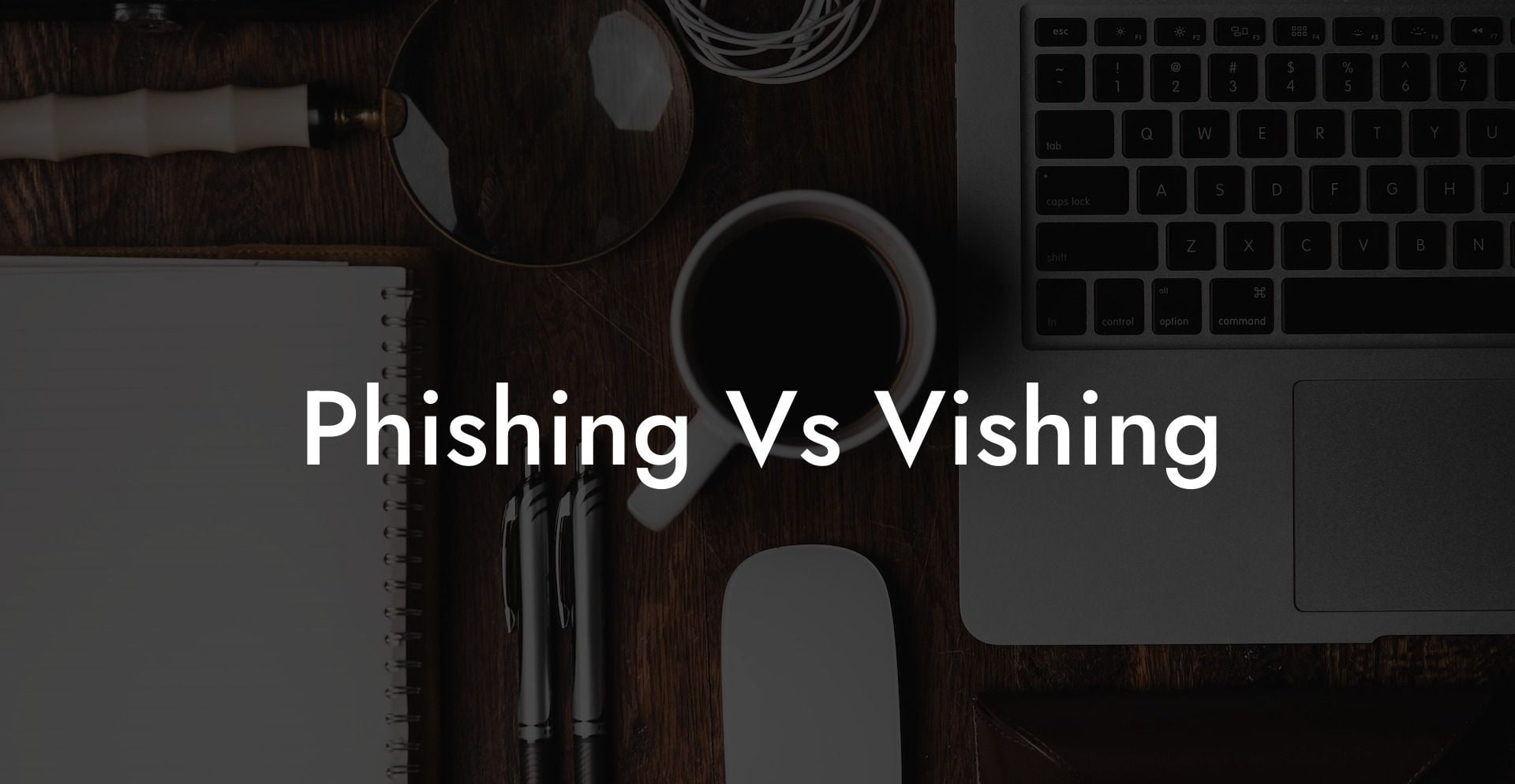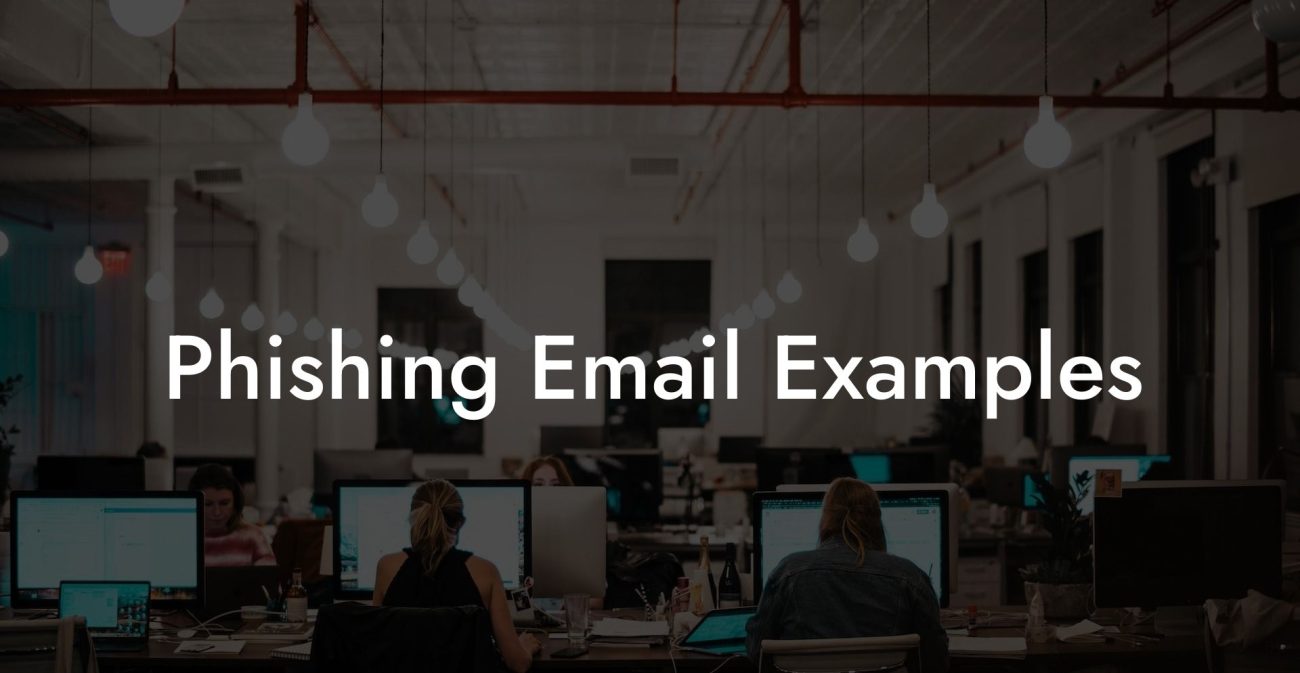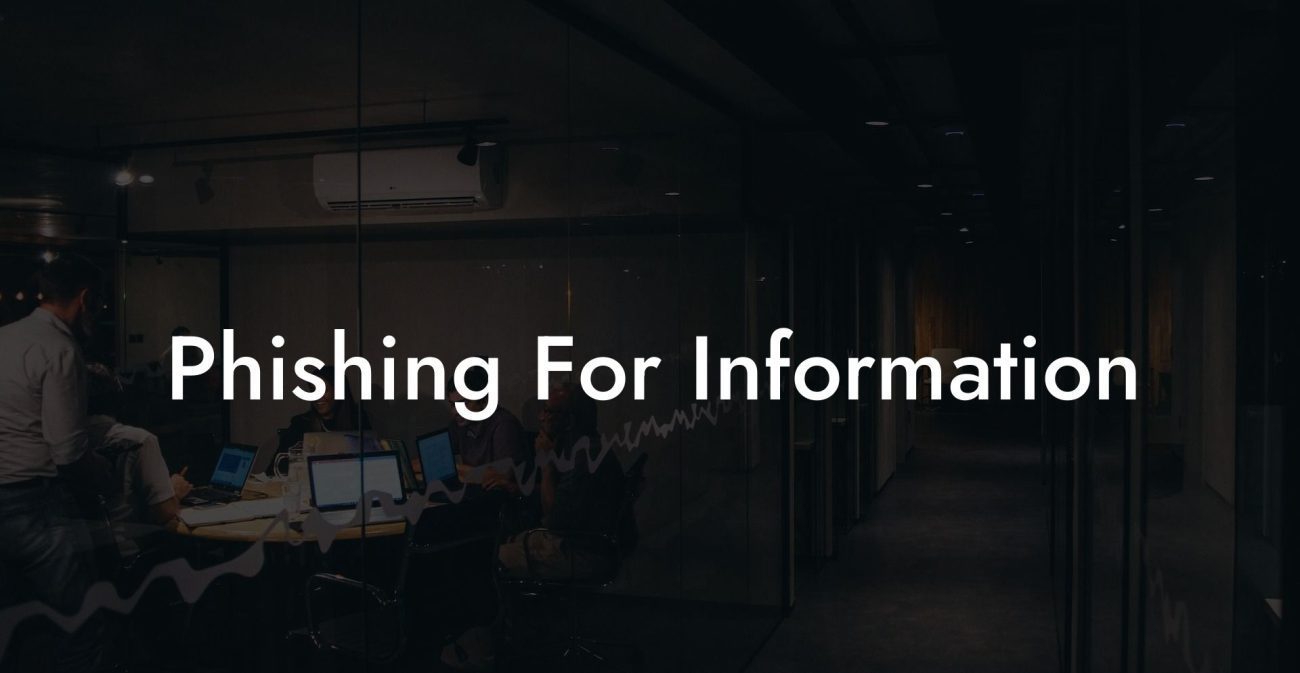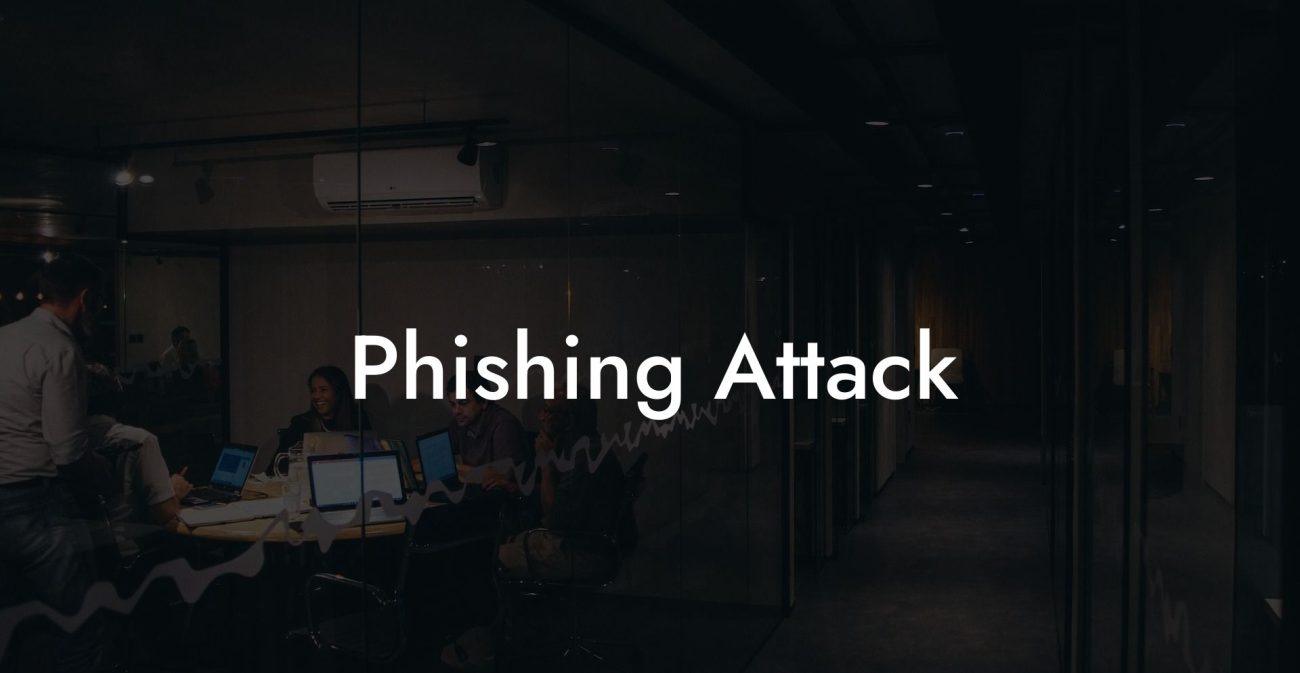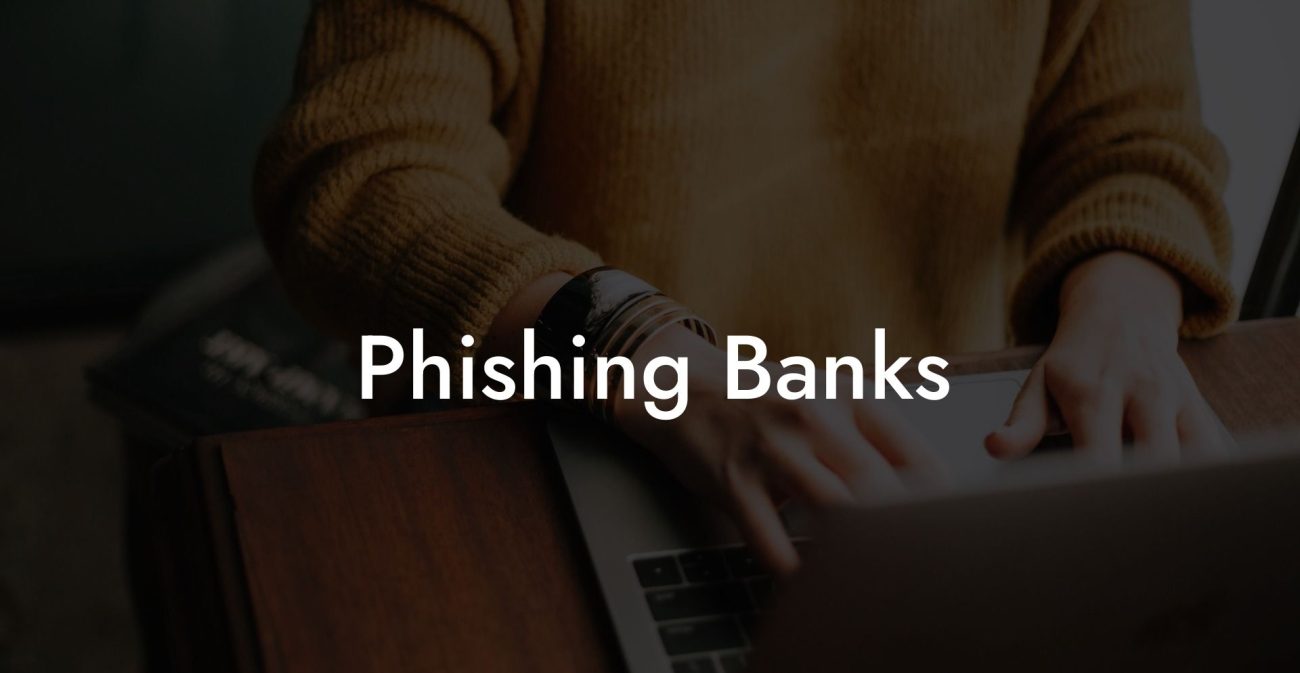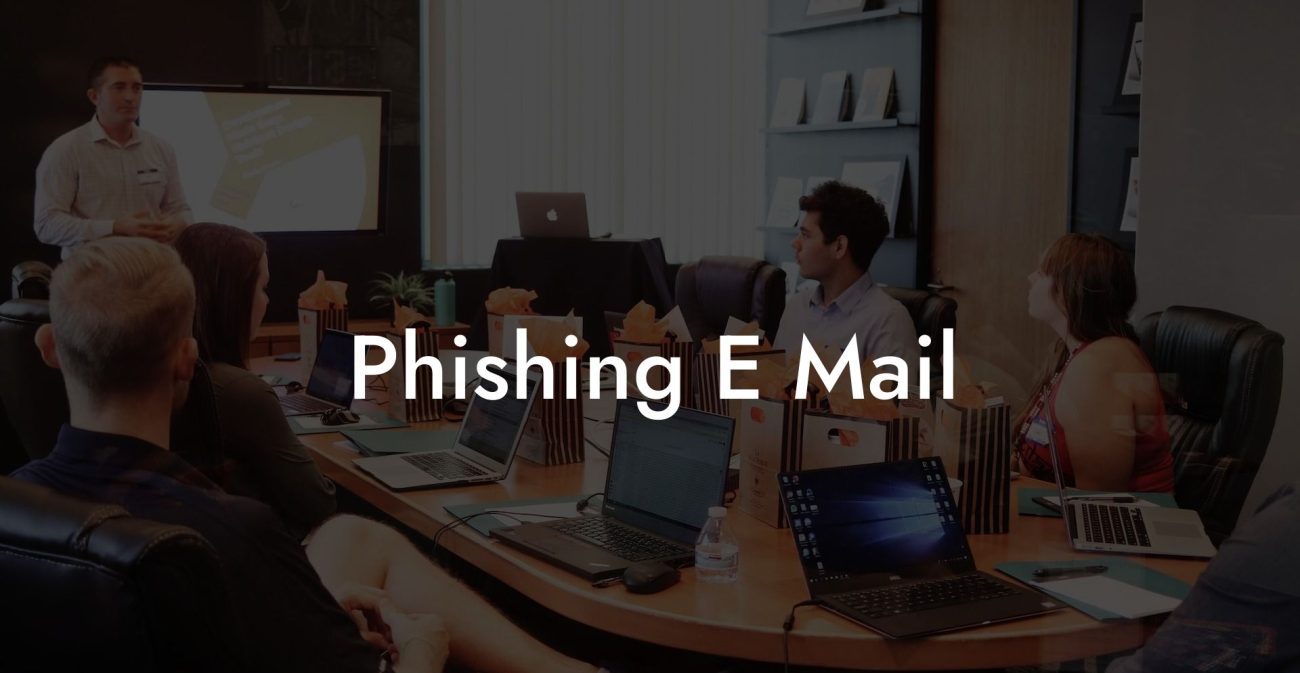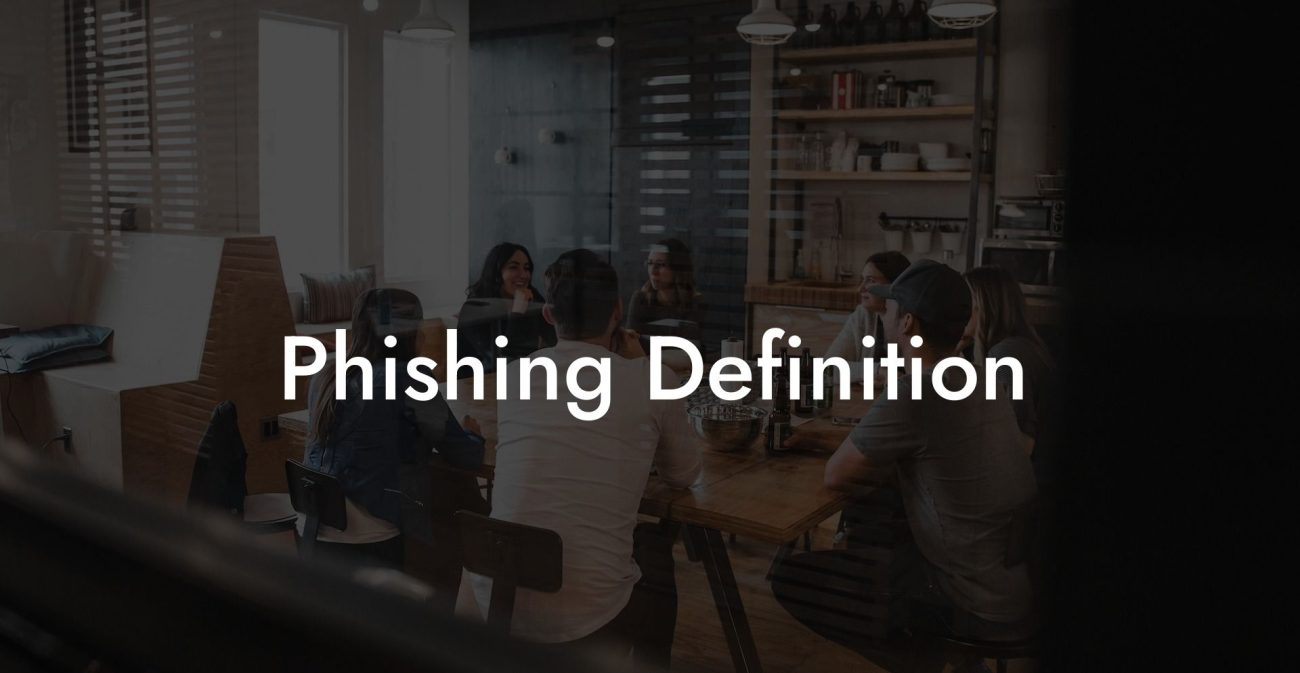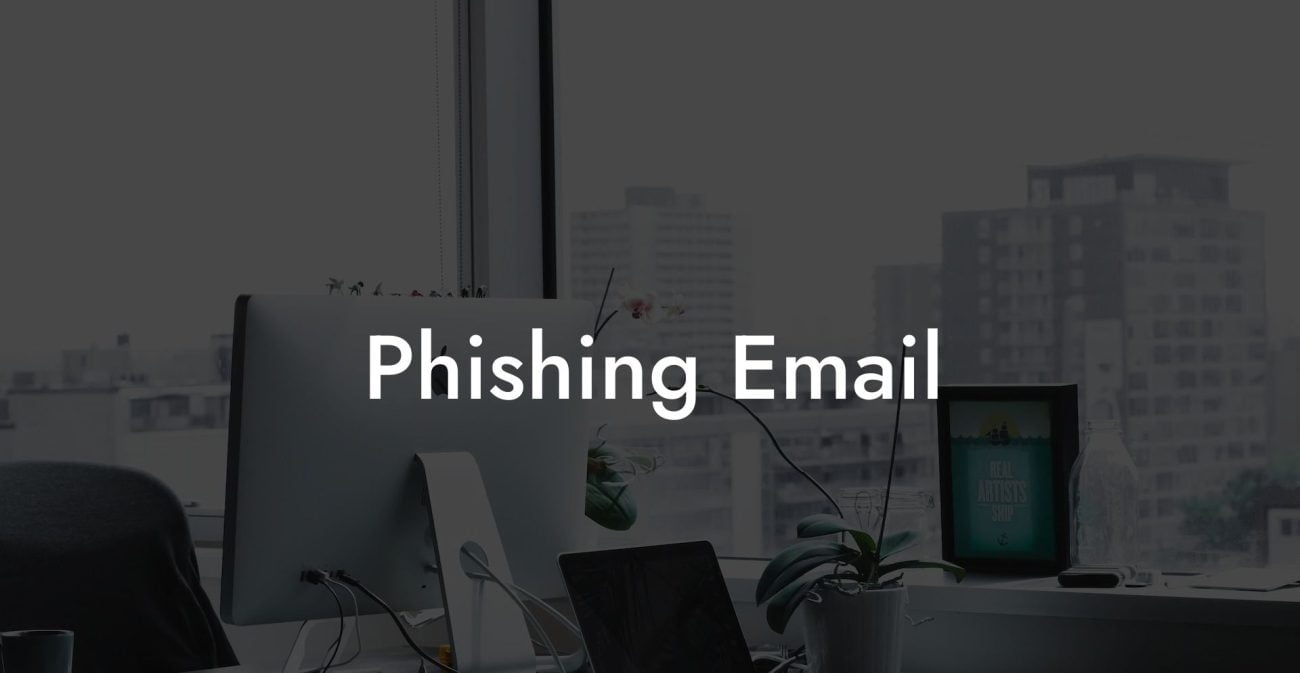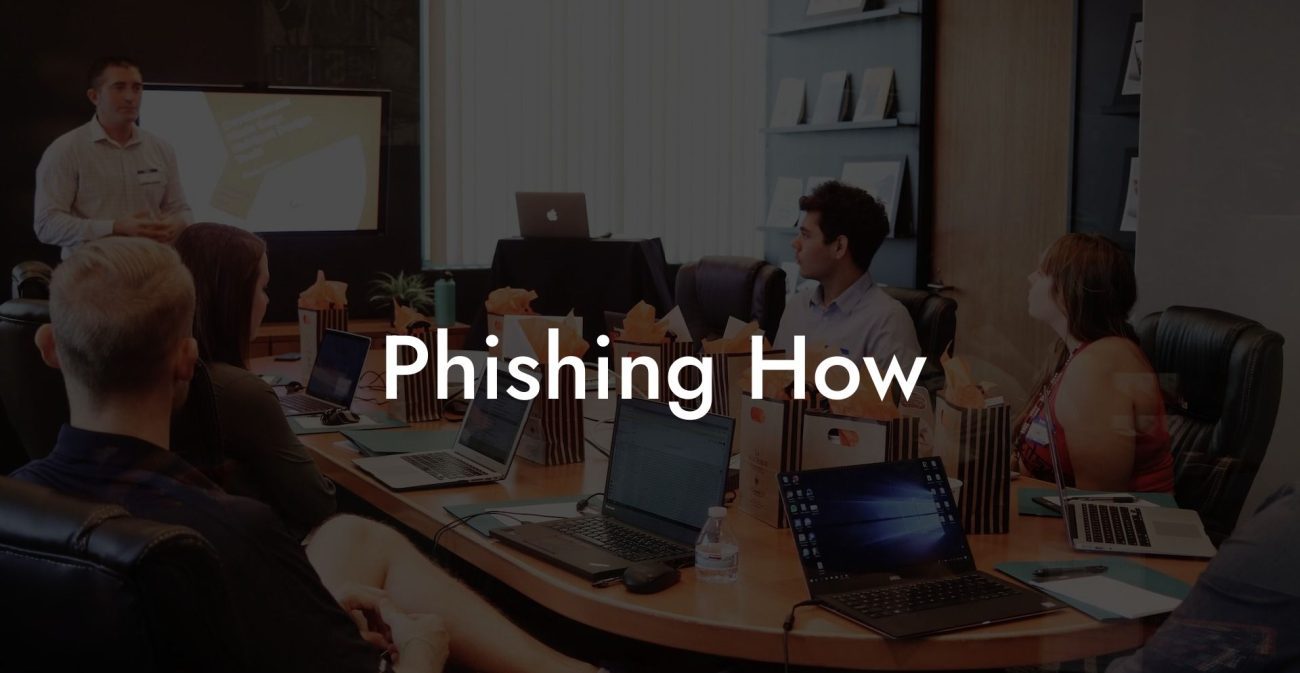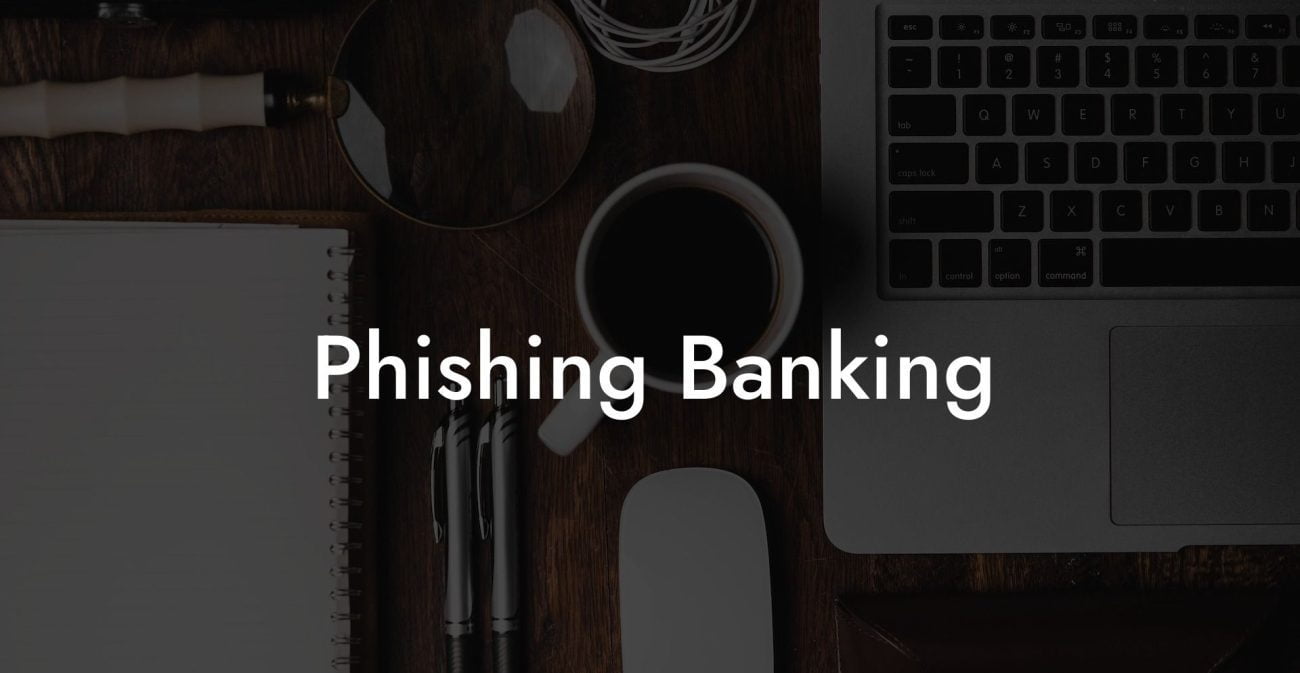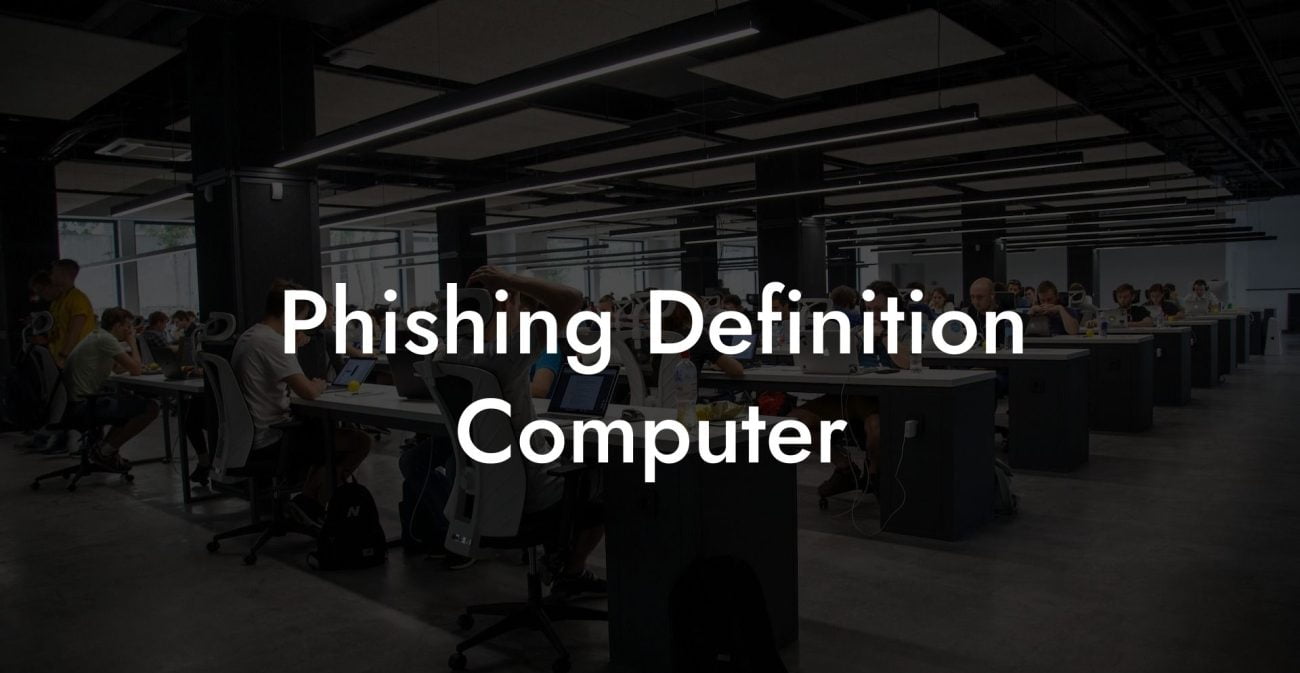In today's digital world, online scams and frauds have become increasingly common. Attackers are continually seeking ways to gain access to sensitive information, and they do this by making use of various techniques. Phishing and vishing are two prevalent methods employed by cybercriminals, and their sophistication is growing day by day. Mastering your understanding of these tactics is crucial to protect both your personal and professional life. With this in mind, our Voice Phishing blog offers a comprehensive guide to dive into the world of phishing versus vishing.
Imagine opening your inbox and finding an email that appears to be from your bank, notifying you of suspicious activity on your account. The email requests you to click on a link to validate your details or face dire consequences. In a panic, you click the link, and unknowingly, you've just become a victim of a phishing attack. Now imagine receiving a phone call from a "customer service representative" who claims to be from your bank, asking you to verify your account details. Trusting the caller, you comply, only to learn later that the call was fraudulent. You've now been targeted by vishing.
Protect Your Data Today With a Secure Password Manager. Our Top Password Managers:
These examples highlight how phishing and vishing can have devastating impacts on their victims. It is vital to recognize the differences between the two and familiarize yourself with methods of prevention to stay protected online.
While both phishing and vishing aim to deceive victims into revealing sensitive information, the primary difference between them lies in the medium used.
1. Phishing
Phishing primarily targets victims through fraudulent emails that appear to be credible at first glance. What makes phishing dangerous is the difficulty in distinguishing between fake and genuine messages. These deceptive emails often contain clickable links or attachments, and once clicked, they may redirect users to a fake website where their sensitive information is requested or download malware onto the user's device.
To identify a phishing email, lookout for the following:
- Sense of urgency or threats if you don't take action
- Spelling or grammatical errors that indicate lack of professionalism
- Generic, impersonal greetings such as "Dear customer"
- Request for personal information, such as account numbers or passwords
2. Vishing
Vishing, or voice phishing, is the telephonic version of phishing. In this case, scammers prey on victims through phone calls or voice messages. Attackers use social engineering techniques to manipulate targets into providing personal data or initiating financial transactions under false pretenses.
Keep these pointers in mind to avoid falling for a vishing scam:
- Scrutinize and verify any unsolicited phone numbers
- Do not assume displayed caller IDs to be accurate as crooks can manipulate them using spoofing technology
- Avoid divulging any personal or financial detail based on a caller's demands
Phishing Vs Vishing Example
Jim, a small business owner, received an email from his tech support, informing him of a software update needed to protect his business from a potential security threat. The email contained a link to the patch. Fortunately, Jim double-checked by reaching out to his tech support and discovered that they had not sent the email. If he had clicked on the link, malware could be downloaded onto his system, giving the cybercriminal remote access to his business's network.
Similarly, Jane received a call from a "representative" who claimed to be from her mobile carrier, stating that there was an issue with her bill, and the account had to be verified or it would be terminated. Jane grew suspicious as she had paid her bill on time, so she ended the call and confirmed with customer service that her account was in good standing. This prompt reaction saved Jane from a vishing scam.
Understanding the difference between phishing and vishing is the first step towards safeguarding your digital presence. Knowing what to look for and acting with caution in the online world is crucial to avoid falling prey to these scams.
To learn more about voice phishing and other online security topics, follow our series of SEO-optimized blog posts designed to keep you protected. Don't forget to share this information with others to help them stay safe too! Continue exploring our guides on Voice Phishing to keep yourself well-informed and one step ahead of the attackers.
Protect Your Data Today With a Secure Password Manager. Our Top Password Managers:

